Search Results for 'Earl Grey'
8 results found.
Cavendish Lane and Spencer Street – Castlebar street names
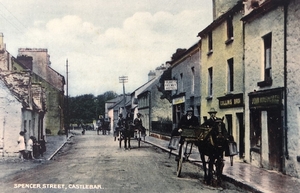
Anyone who has watched 'The Duchess', the 2008 film adaptation of Amanda Foreman's excellent biography of Georgiana Cavendish, Duchess of Devonshire, will be aware of the sad parallels between the life of Georgiana and Lady Diana Spencer. Georgiana's maiden name was Spencer; she was Diana's four times great aunt. Spencer Street, Spencer Park and the former Spencer Park House took their names from the Spencer family. In 1781, Lady Lavinia Bingham, daughter of Charles Bingham, 1st Earl of Lucan, married George Spencer, 2nd Earl Spencer. George was Georgiana's brother.
‘An unbroken history of more than one hundred years’
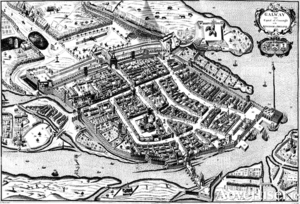
In 1831 Patrick Broderick, from Loughrea, was charged with insurrectionary crimes at the Galway Assizes, and cruelly sentenced to spend the rest of his life in a criminal colony ‘beyond the seas’ in New South Wales, Australia. He was barred from ever returning to his native land. His wife Mary, son John and daughters Ann and Catherine, were left destitute on the infamous Clanricarde estate, one with more than 2,000 tenants.
Nicola's debut honours Ireland's orphan girls

"I'm very into Irish songs, especially ones like this that tell a story. And the reason it does that is all due to Brendan's talented songwriting. It's like a mini-history lesson more than anything."
Indulge at The g Hotel
Watching trends in the accommodation sector in Ireland is always interesting. Recently we have seen a number of high profile four and five star hotels engage in multi-million euro refurbishment programmes, essential work if we are to compete with the rest of the world. However, there are still many establishments that have been short on the maintenance and refurbishment front for a number of years. As prices rise again customers are not always seeing an equal increase in standards. While hotels undoubtedly benefit from investment, as salubrious as these premises may become, they will ultimately fail to impress unless the standards of staff, service, and food matches and complements the surroundings.
The rise of the gourmet burger
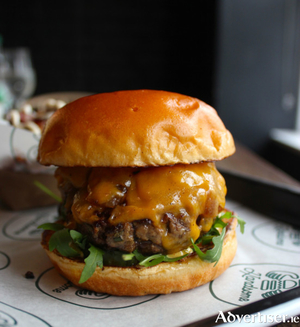
According to many, the story of the hot dog begins in America in 1902 during a Giants baseball game at the New York Polo grounds. It centres on an English man called Harry Stevens who on that cold April day was losing money trying to sell ice cream and ice-cold sodas. He wanted something that could be eaten out of the hand and would stay warm, and decided that German dachshund sausages wrapped in long buns worked best. Stevens called them 'red hots'. An American cartoonist who could not spell dachshund renamed them 'hot dogs'.
More than eighty Galway girls emigrated on the ‘Earl Grey Scheme’
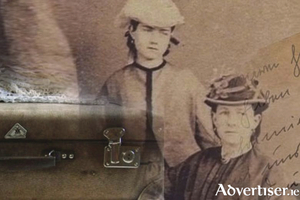
Between 1848 and 1850 more than 4,000 adolescent female orphans emigrated from Irish workhouses to the Australian colonies arriving in Sydney, Melbourne, and Adelaide. Their emigration become known as the ‘Earl Grey Scheme’ after its principle architect, Earl Grey, Secretary of State for the Colonies at the time of the Great Famine, suggested the move, and organised its operation.
Australia offered some relief for Famine orphan girls
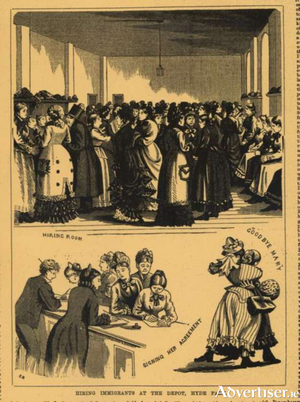
The extreme winter conditions of 1846/47 exacerbated the mounting crisis that the Great Famine had already created. The number of deaths from hunger in Galway town averaged between 25 and 30 a week. As well as the main workhouse on Newcastle Road (now the University College Hospital) auxiliary workhouses had opened at Barna, Newtownsmyth, Merchants Road, St Helen Street, and in Dangan. Six soup kitchens operated throughout the town feeding some 7,000 people a day and more as newcomers streamed in from rural districts. On one bitterly cold morning two children were found frozen to death on High Street. Another child dead nearby.
Afternoon tea on Lough Ree

“If you are cold, tea will warm you; if you are too heated, it will cool you; if you are depressed, it will cheer you; if you are excited, it will calm you” - William Ewart Gladstone

